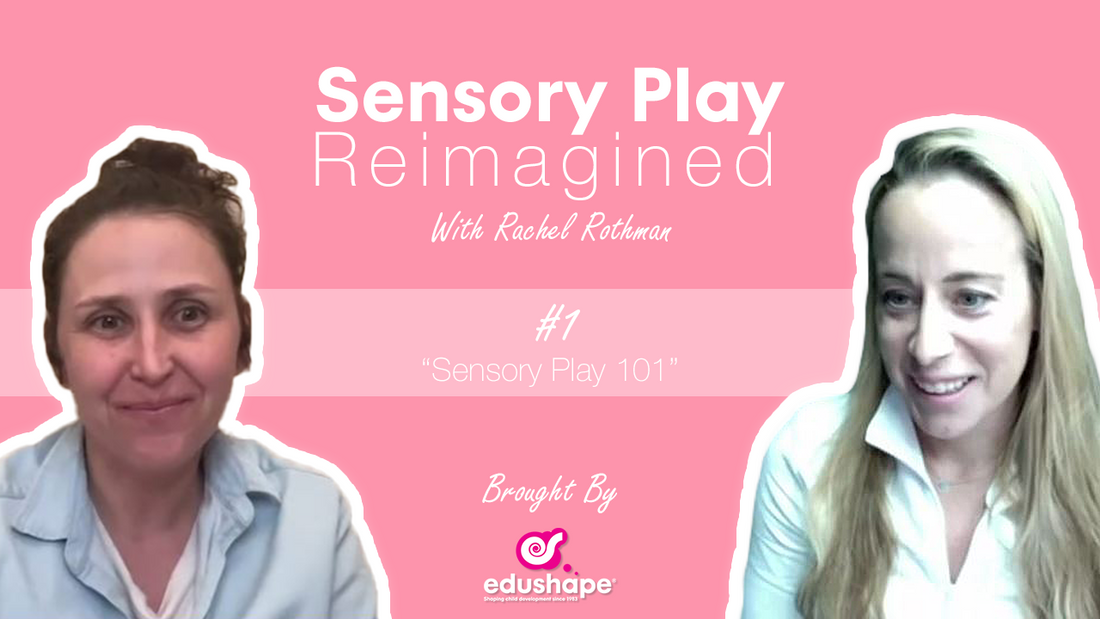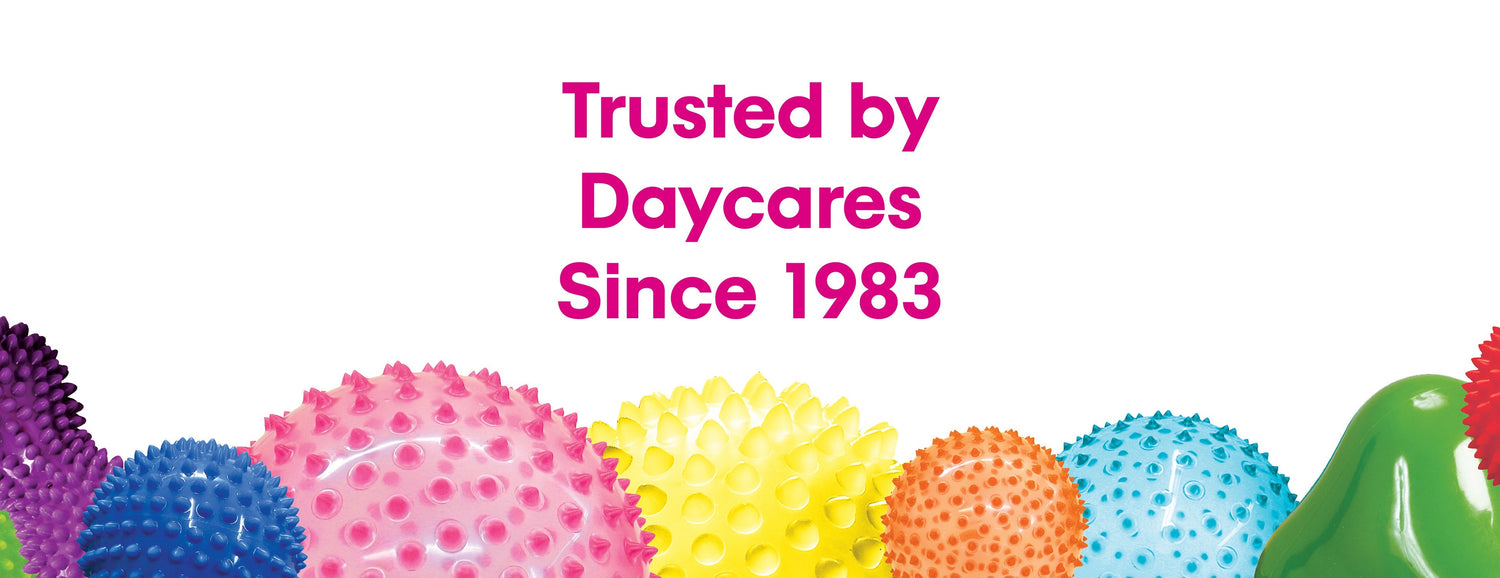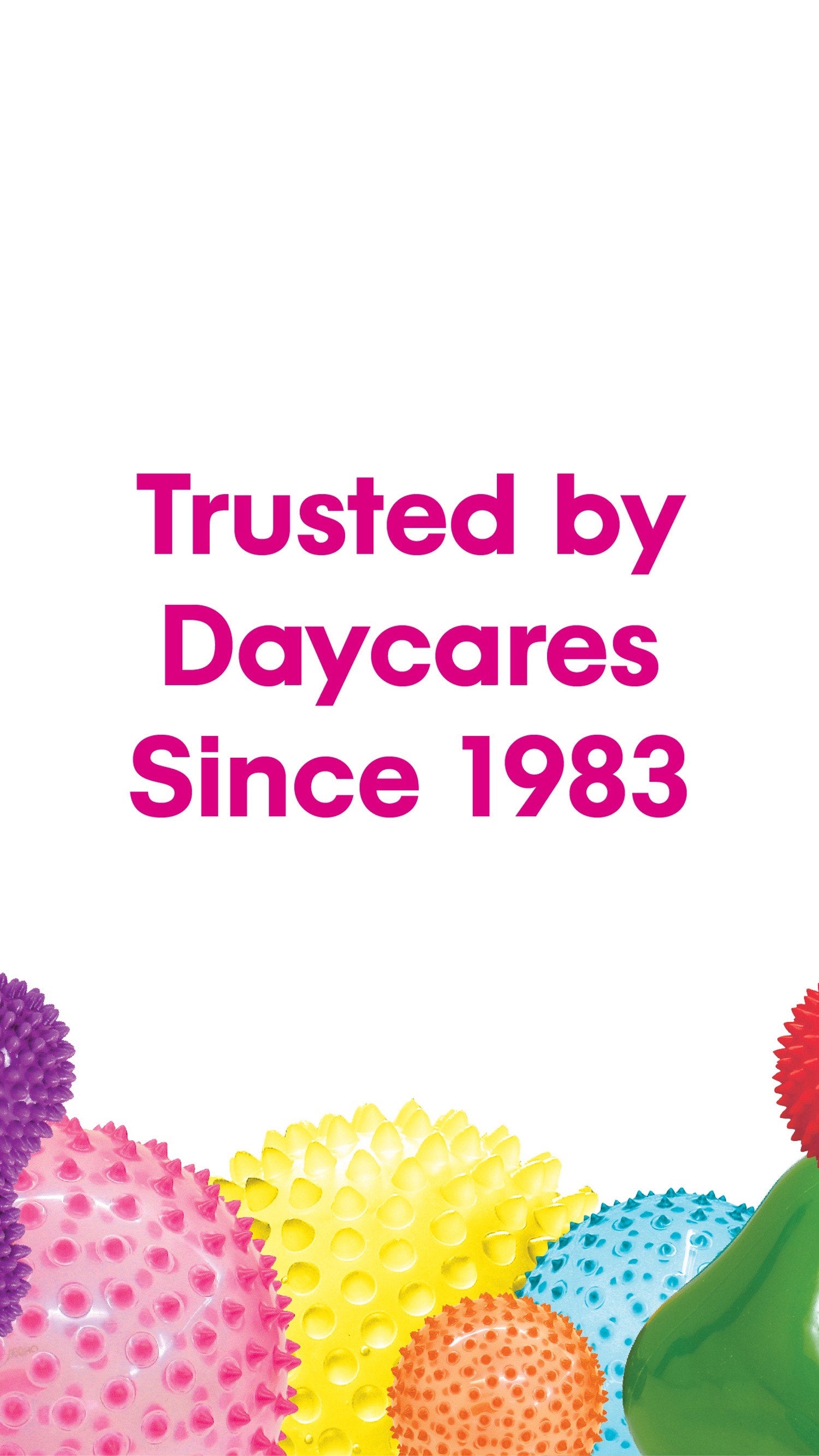This is an excerpt from Sensory Play Reimagined – a podcast exploring how Sensory Play can help unlock your child's development and wellbeing potential. See the full episode here.
Question by Rachel Rothman, host
What is sensory play? What exactly does that mean?
Answer by Becky Lewin, Occupational Therapist
It's a great question. And there really isn't a simple answer. I think it's actually important to start even a little bit further back and understand that everything is sensory, there isn't an experience we have in our day that is not based in our ability to understand sensory information. So if we think about our day, we're constantly assessing sensory information. And making sense of it and trying to understand it and our brain and our body are trying to decide – do I need to pay attention to this, do I want to pay attention to this, is this good sensory information that makes me feel good, is this sensory information that makes me feel bad. And this plays out every second of every day in everyone's life. So then when we think about sensory if we sort of just accept that, right? That we're constantly using sensory information, to understand who we are, where we are, what we're doing, what we like, what we don't like, we can all sort of agree on that.
And then if we start to think about sensory play, I think about it as, when I'm playing with a child, how am I thinking about their sensory system to optimize our time together, or to help them engage in a play in the play in a way that feels richer, more involved, more related, more engaged, where I'm getting kind of almost a bigger bang for my buck from the play. And by thinking about a child's sensory systems and their sensory profile, we can make play that much more powerful, but just to, again, get on the same page, all play is sensory based, because all interactions and all engagement have sensory underpinnings that let us literally take in the experiences.
Question by Rachel Rothman, host
I was going to say if we can take a step back. And I think most people are familiar with five senses. We grew up learning about five senses. And I think, for me, even the first step that I had when I had children with understanding, there's more than five. Maybe let’s talk about the five really quickly?
Answer by Becky Lewin, Occupational Therapist
I'm really glad you brought that up. So we do have the five senses that we all know about. We all learned in elementary school: taste, smell, touch, sight, and hearing. And sometimes we think about those as the sensory systems that give us information about the outside world, right? They let us make sense of things that are coming from outside and help them make sense of what we're hearing, what we're seeing, what we're smelling, what we're tasting, but things that are happening outside of our body.
Then we have three other senses that give us information coming from inside our body. And those are our proprioceptive, vestibular and interoceptive systems.
So our proprioceptive system gives us information from our muscles, ligaments and joints about where is my body. So I know where my body parts are in relation to each other. I know where my feet are as I walk without having to look at them, not because I can see where my feet are, but because I can know where my feet are now, I feel that and that information comes from our muscles, ligaments, and joints. And lets us know, where's my body? Where are these parts? And how are they moving? So that's proprioception.
Vestibular system gives us our sense of balance and equilibrium, it lets us know where our head is in space. So it lets me know when I'm upside down. And lets me know when I'm spinning. It lets me know when I'm falling. Think about how crucial that is I have to I have to be able to feel myself falling through space. So our vestibular system – it’s our sense of balance and equilibrium and also my sense of speed through space. So how fast are by accelerating? How quickly am I going?
And then we have our interoceptive system. And that's information that we get from inside our body, from our internal organs. About how am I feeling? Is my bladder full or empty? Am I hungry or thirsty? Do I feel like maybe I'm getting sick or something doesn't feel right inside? So it gives us really important information about our internal state of how we're feeling physiologically.
But also research is letting us know that it gives us really important information about how we're feeling emotionally. So it's that feeling of my heart is racing that's letting me know I feel nervous. Or I feel really, really excited about something and that sort of like maybe giddiness, the feeling a child might get sort of when they get a little bit like jumpy or bouncy, it's letting us connect those internal feelings with an emotional state. So again, so that interoceptive system is giving us some very basic body-based information: I have to go to the bathroom, I feel hungry, I feel tired, I don't feel good. And it's giving us emotional information about how do I feel on the inside. Then I can make I can use that information and act on it.
Listen to the full episode here.
Other topics in the Episode include:
- Sensory Profile and its manifestation in children
- How to account for Sensory Profile in play and daily routine
- Letting children take control of their play experience
- Power of independent play & more!



